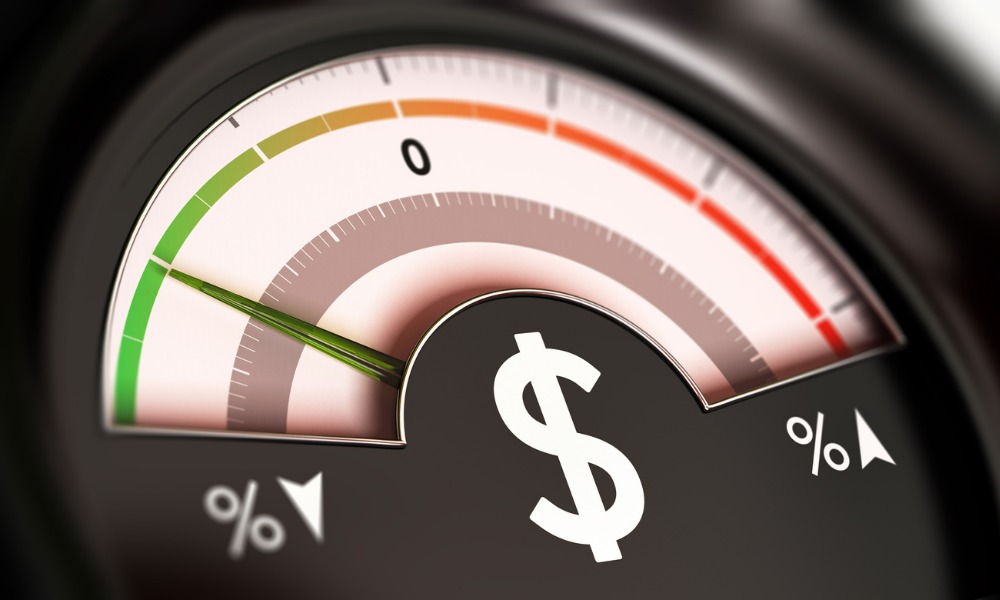Annual study finds average expense ratio paid by fund investors has been cut in half compared to two decades ago

One day, the race to zero on investment fees will go too far, and fund providers will find the theoretically inevitable floor on prices. But until then, the years-long trend of investors reaping massive savings on fund expenses appears set to continue.
In the latest edition of its annual U.S. Fund Fee Study, Morningstar found that between 2000 and 2020, the asset-weighted average expense ratio paid by American fund investors fell from 0.93% to 0.41%. Because of that, the research firm estimates that U.S. investors saved nearly US$6.2 billion in fund expenses last year.
Based on the report’s findings, the decline in asset-weighted fees investors pay can largely be chalked up to a tendency to crowd into lower-cost index mutual funds and ETFs. Those same investment funds, Morningstar’s analysts found, have been slashing their expense ratios.
Between 2019 and 2020, the report said, the asset-weighted expense ratio for active funds declined from 0.65% to 0.62%, mainly due to substantial net outflows from expensive funds and share classes. Over the same period, asset-weighted average fees for passive funds edged down from 0.13% to 0.12%, thanks to steady inflows into the lowest-cost funds.
"The fact that fees have been reduced to either nothing or next to nothing among broad-based index funds is only natural," said Ben Johnson, Morningstar's director of ETF and passive strategies research. "Given these funds' commodity-like nature, it seems inevitable that their prices would be pushed down to the marginal cost of managing them and that assets would consolidate in the hands of a few large-scale manufacturers."
For many U.S. fund providers struggling against fee compression, the ESG space has provided some safety from the price onslaught as investors paid a “greenium” for sustainable funds compared to their more conventional counterparts. At the end of 2020, Morningstar said the asset-weighted expense ratio for sustainable funds stood at 0.61%, compared to 0.41% across the whole investment fund space.
Still, the cover provided by sustainable investing has been shrinking. Over the past decade, the average fee for these funds has fallen 27% on an equal-weighted basis, and 38% on an asset-weighted basis. Driving this decline is the proliferation of low-fee sustainable index mutual funds and ETFs, which have become increasingly popular among U.S. investors.
Low fees have also been linked to staying power, as low-cost funds generally have tended to outlast and outperform their more expensive peers. In 2020, Morningstar said, the cheapest quintile of funds saw US$445 billion in net inflows, while the rest saw US$293 billion in outflows. The firm also found that the cheapest 5% of funds alone received US$412 billion of inflows.



